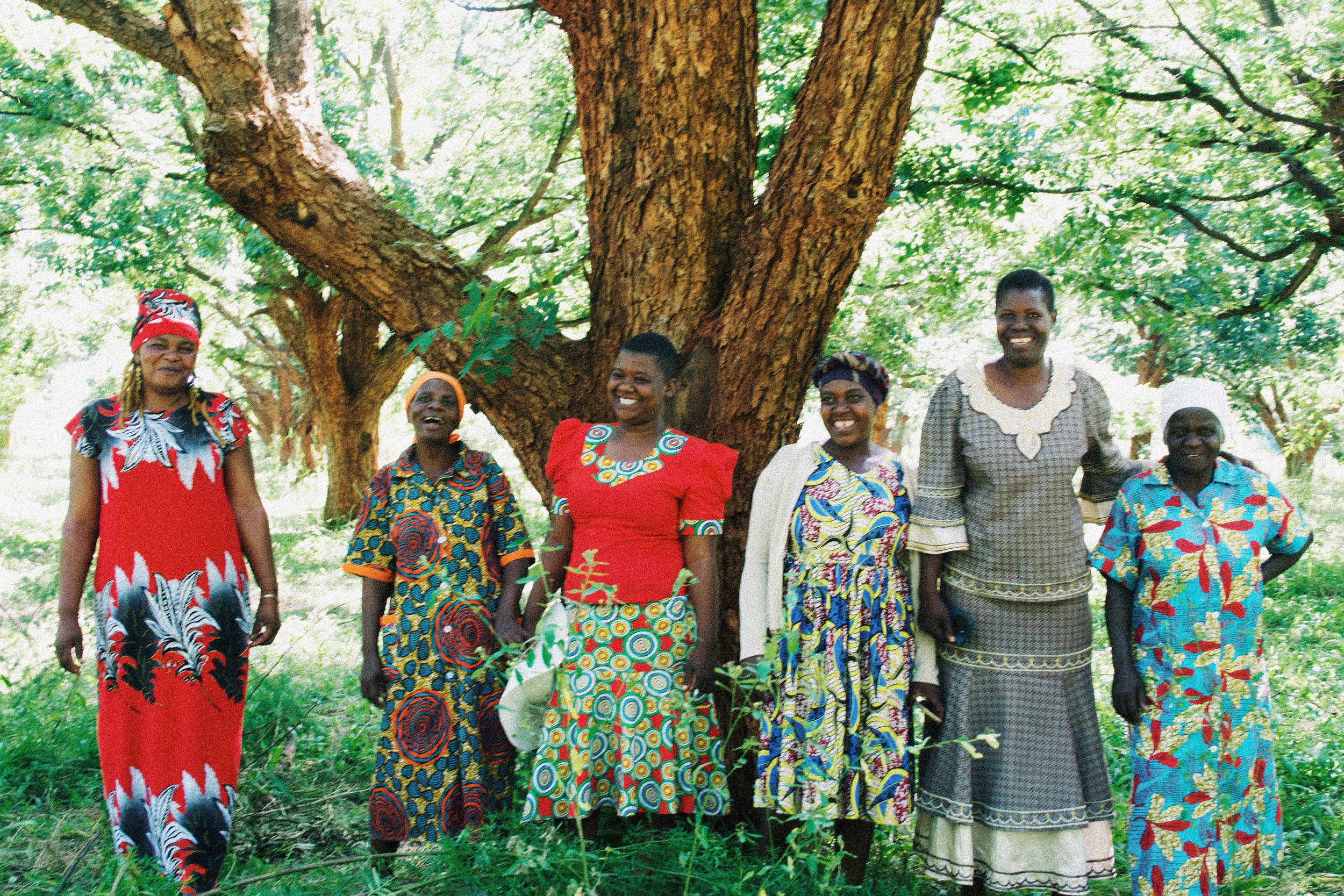How We Farm: A Closer Look at Our Sustainable Practices
At Tanaka, sustainability isn’t a trend, it’s tradition. From the land we care for to the people we work with, every part of our farming process is shaped by respect: for nature, for culture, and for future generations.
Our commitment to eco-friendly agriculture is rooted in both ancient wisdom and modern techniques. We believe that the food we grow should be as kind to the earth as it is nourishing to the people who enjoy it.
This is ethical food production, the Tanaka way.
Our Sustainability Philosophy
We farm with purpose. That means looking beyond short-term yield and focusing on long-term impact:
Protecting the environment
Building resilience to climate change
Empowering local communities
Delivering healthier, more honest food
Our philosophy is simple: if we care for the soil, the soil will care for us. If we honour the seasons, the seasons will give back. And when we farm in harmony with nature, everyone benefits.
Sustainable Farming Practices at Tanaka
Here are just a few of the climate-smart farming techniques we use:
🌱 Soil Health
We enrich our soil using natural composting methods and organic matter, avoiding synthetic fertilisers wherever possible. Healthy soil improves water retention, reduces erosion, and strengthens plant resilience—especially important in Zimbabwe’s variable climate.
💧 Water Conservation
Our farms use rainwater harvesting systems and targeted irrigation to reduce waste. Drip irrigation and mulching help retain moisture and ensure crops get just what they need—no more, no less.
🐞 Natural Pest Control
We avoid chemical pesticides by promoting natural biodiversity. Companion planting, beneficial insects, and neem-based treatments help protect our crops without harming the ecosystem.
🌍 Climate Adaptation
As weather patterns shift, we adapt with flexible planting cycles, drought-resistant crop varieties, and continuous learning from local farmers and scientists. This is the essence of climate-smart farming.
The Rhythm of the Seasons
Zimbabwean farming follows the natural rhythm of the land. Our pecan orchards, for example, are deeply attuned to seasonal cycles—flowering in spring, fruiting in summer, and harvested in the dry winter months.
By respecting these natural rhythms, we reduce the need for artificial intervention and allow the land to lead.
Why It Matters — For Farmers and Consumers
These sustainable practices aren’t just good for the planet—they’re good for people, too.
Farmers benefit from healthier working environments, reduced input costs, and long-term soil fertility.
Consumers enjoy products that are free from harmful chemicals and rich in natural flavour and nutrients.
It’s a win-win: ethical food production that prioritises quality, transparency, and integrity at every step.
Bridging Tradition and Innovation
Our approach blends traditional knowledge, passed down through generations of Zimbabwean farmers, with smart, science-based innovation.
We don’t reject modern methods, we adapt them thoughtfully. Whether it's using indigenous planting calendars or trialling new composting techniques, we believe that the best solutions are both rooted in heritage and open to evolution.
In Every Crop, a Commitment
From our pecans to future crops in development, every product we grow carries our commitment to sustainable farming practices.
We’re not just producing food, we’re building a system that works with nature, not against it. A system that uplifts farmers, protects the land, and delivers real value to consumers.
Want to Support Climate-Smart Farming?
You can be part of the movement:
Choose products grown through eco-friendly agriculture
Support brands that invest in ethical food production
Learn more about Tanaka’s story at tanakazim.org
Together, we can grow food that’s better for the earth and better for us all.

